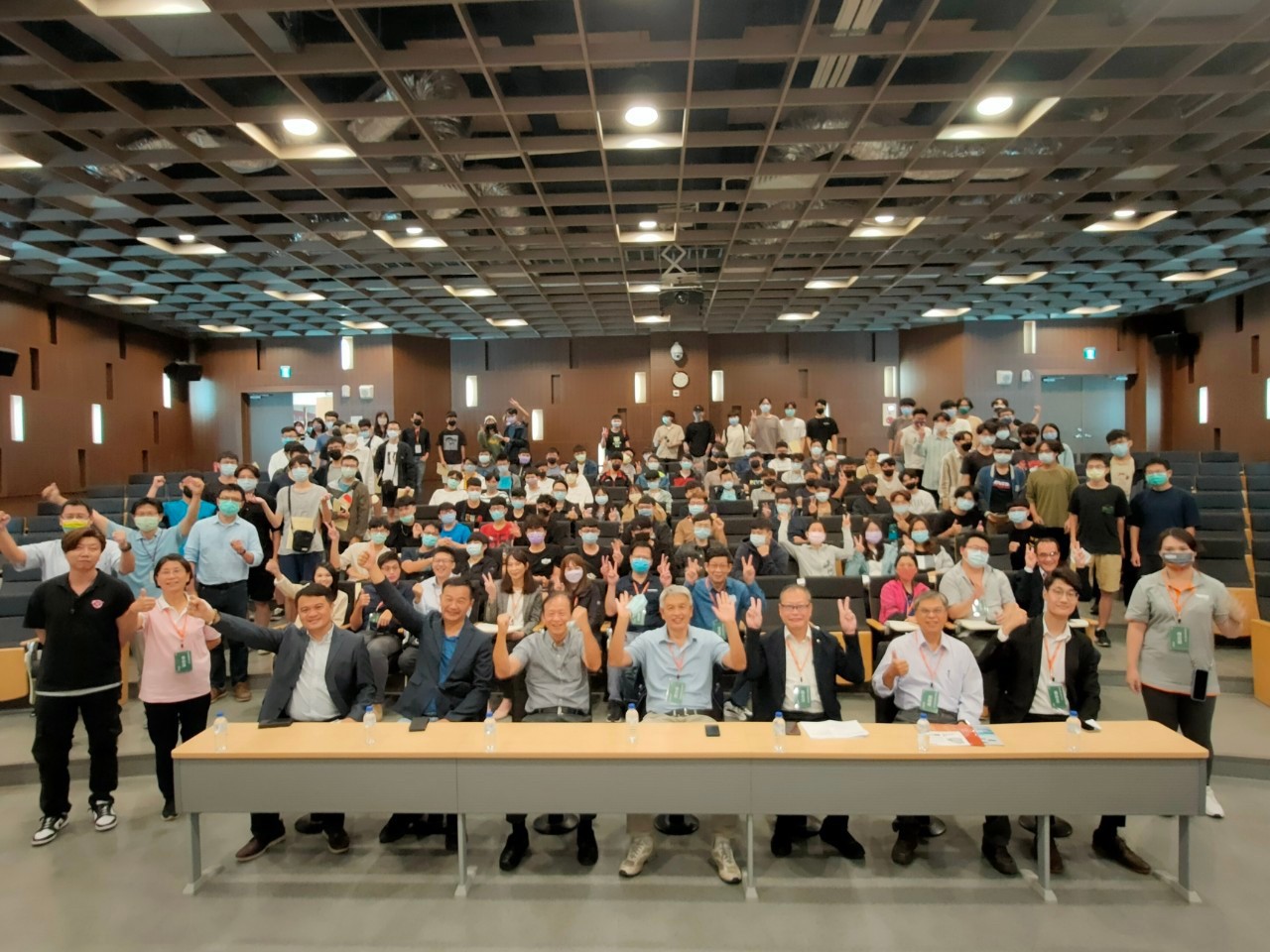YunTech: Passive Components Special Lecture and Talent Matching Interview

A group photo of special guests, teachers and students participating in the "National Yunlin University of Science and Technology: Passive Components Special Lecture and Talent Matching Interview"
The Taiwan Passive Component Industry Association (TPCIA) held the "Passive Components Special Lecture and Talent Matching Interview" at National Yunlin University of Science and Technology on November 18. Combining lecture series with talent matchmaking interview, the event aimed to provide students with a better understanding of the development history, current technology, and future trends in the passive component industry. Additionally, through active collaboration facilitated by TPCIA, the event aimed to assist member companies in identifying potential talents and creating more opportunities for industry-academia cooperation.
The event commenced with speeches from Vice President Su Chun-Zeng of National Yunlin University of Science and Technology, Director Lee Hong-Ren of the Research and Development Office at National Yunlin University of Science and Technology, and Roy Su Head of the Human Resources Department at Yageo Corporation. Six member companies, including Yageo, Tianzheng Intl., Creating Nanotech, Hioki, Crownpo Technology, and High-Density Lucky Apparatus, participated in talent matchmaking interview on-site. The event attracted over 200 students from various departments, such as Electronic Engineering, Electrical Engineering, Computer Science, and Mechanical Engineering.
First, Professor Lin Shih-Hung, the head of the Passive Component Research Team at National Yunlin University of Science and Technology, introduced the research focus and achievements in passive components at the university. Next, Professor Lee Wen-Hsi from National Cheng Kung University's Department of Electrical Engineering provided an overview of Taiwan's passive component industry. The presentation not only allowed students to understand the functionalities and technological development trends of passive components but also introduced the participating passive component companies in the talent matchmaking interview event. During the lecture, students actively engaged in interactive discussions, raising numerous questions related to passive component technology and the industry. It is believed that the students gained a deeper understanding and interest in the industry through these exchanges.